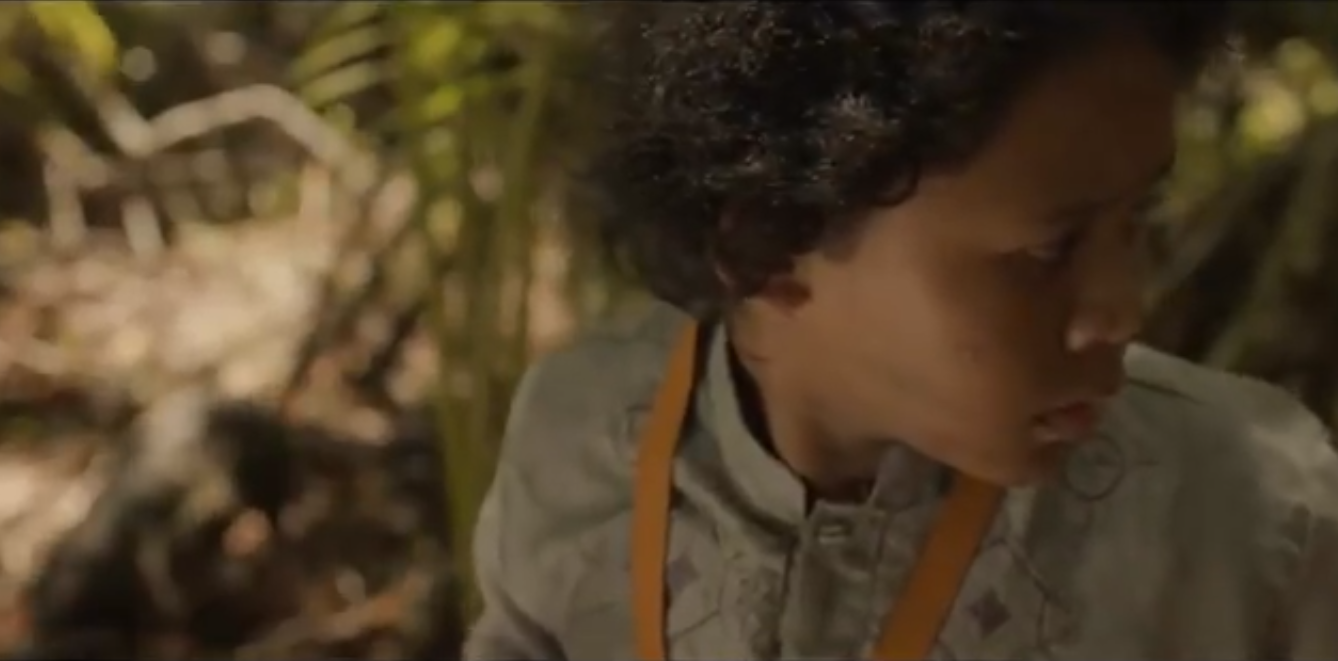THIS YEAR’S Cinemalaya Film Festival showcased diverse, timely and relevant themes, giving the audience an opportunity to examine the truth from various perspectives.
At the helm of both veteran and neophyte directors and actors, this year’s lineup achieved the goal of organizers to exhibit the talents and skills of those behind the scenes and to highlight untouched societal issues such as mental health issues, child-trafficking and the varying perspectives on Martial Law. Here is the Varsitarian’s take on this year’s 10 full-length feature films.
Kung Paano Hinihintay ang Dapithapon

Director Carlo Enciso Catu’s “Kung Paano Hinihintay ang Dapithapon” centers on the elderly Teresa (Perla Bautista), her live-in partner of 27 years Celso (Menggie Cobarrubias), and her estranged husband Benedicto (Dante Rivero).
Teresa’s life changes when “Bene” informs her that he has been diagnosed with a life-threatening disease. With the help of Celso, Teresa takes care of Bene which results in the resolution of their past conflicts.
Thomasian cinematographer Neil Daza veers away from his usual dark lighting and uses luminous cinematography, complementing the hopeful theme of the story. Daza won Best Cinematography for this film.
Supporting characters Nico (Romnick Sarmiento) and Maggie (Che Ramos), the children of the elders, add an extra dimension to the film’s family dynamism.
Liway

One of the most popular films in this year’s roster, “Liway” is writer-director Kip Oebanda’s examination of parenthood during Martial Law.
Based on a true story, Day (Glaiza de Castro) and Ric (Dominic Roco) struggle to raise their son Dakip (Kenken Nuyad) when their family is imprisoned inside a military camp in the mid-80s. To shield Dakip from the bloody reality of the era, Day tells him fairy tales about an enchantress named Liway, who is actually his mother’s alter-ego. The tales are tamer versions of her hard life.
Though set in gloomy circumstances, it is Dakip‘s bond with his mother that is the light through it all.
School Service

Maya (Celine Juan), an eight-year-old girl from the province, is abducted and is forced to beg for money on the streets of Manila.
Together with the other kidnapped children, they are trafficked by the two-faced Mama Rita (Ai-Ai delas Alas).
The film tackles the street life of underaged girls offering their bodies to gain money, and street children’s use of solvent to appease their hunger.
Directed by Luisito Ignacio, School Service tackles corruption, poverty and human trafficking in a dreary and dark perspective that is often overlooked by society.
Musmos na Sumibol sa Gubat ng Digma

A coming-of-age story, “Musmos na Sumibol sa Gubat ng Digma’ depicts the reality faced by Eshal (Junkya Sigrid Santarin), who explores her culture and discovers herself amid clan disputes.
The story begins with Eshal being forced to leave with her mother in the middle of a clan war. Eshal’s mother passes away after giving birth to a boy named Affan. This gives Eshal a responsibility to fend for herself and her little brother while hiding their identities, especially from Farhan, a boy her age that she met in the forest.
Written and directed by Iar Lionel Arondaing, the film makes use of a consistent play of light and shadows, through his strategic framing.
Like Arondaing’s past works, the film presents layers of metaphors reflective of long-standing issues in culture, family, tradition and religion.
Kuya Wes

Kuya Wes, a remittance clerk played by singer Ogie Alcasid, falls for Erika (Ina Raymundo), a regular customer that he develops a crush on. When she comes to him for help, he sees it as an opportunity to make a move.
Blinded by love, he loses track of his priorities and is taken advantage of by the person he longs for and others he had shown kindness to.
Although its storyline used a simple formula of love and slice-of-life, its dark unexpected twist toward the end made up for scenes that were predictable.
Directed by James Robin Mayo, “Kuya Wes” is melancholic and refreshing, reminding people that there are goodness and sincerity despite all the gloom of today.













